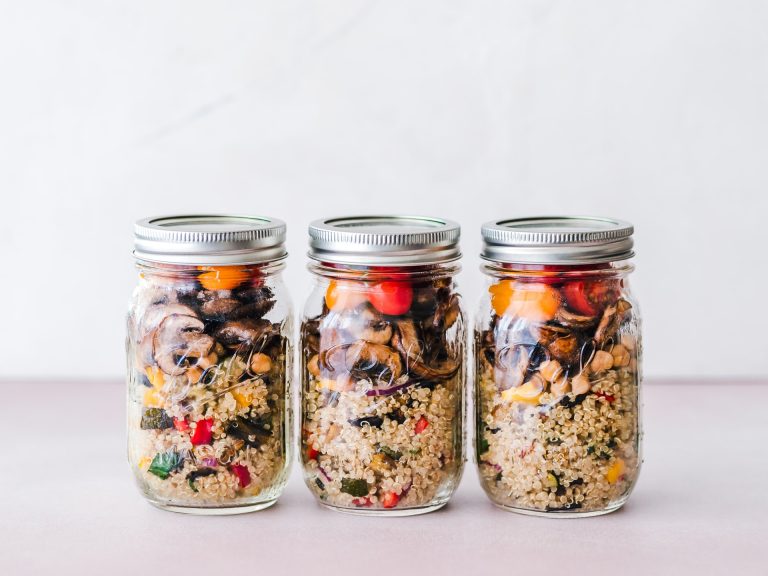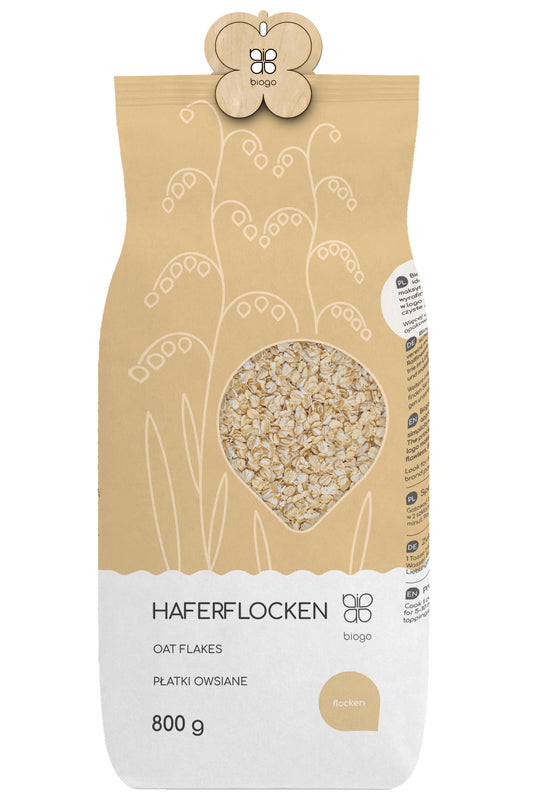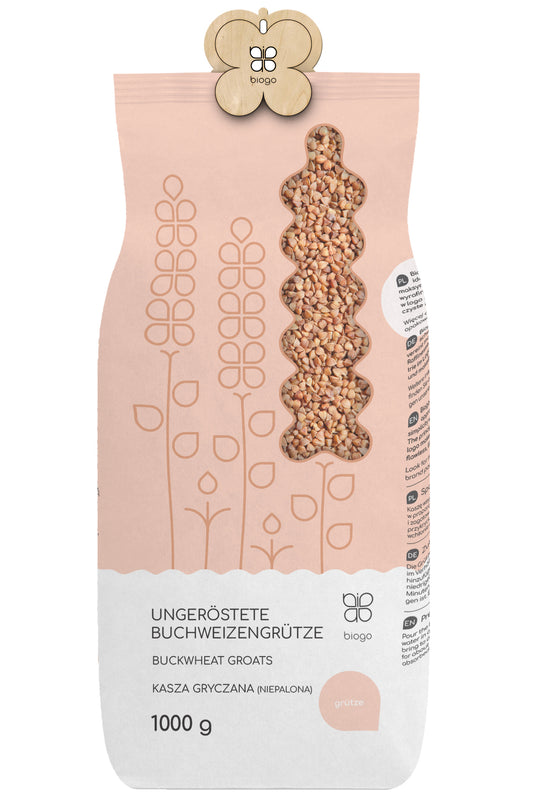Quinoa – what is it?
Quinoa, Peruvian rice – these are the names of the grains of the “sacred grain of the Incas”. It is one of the so-called “superfoods” – products with exceptional nutritional properties, rich in valuable minerals and vitamins. Quinoa originates from South America, and 90% of its cultivation now takes place in Peru. Quinoa is tasty and nutritious and, above all, extremely healthy, versatile in the kitchen and easy to prepare. It can successfully replace rice or potatoes in evening dishes, and because it has a slightly sweet aftertaste, it is suitable not only for savory dishes but also for preparing desserts. Due to its unique nutritional and flavor qualities, it is worth including it on our menu permanently.
Quinoa – what nutritional value does it have?
Quinoa has invaluable nutritional values. It is particularly rich in:
- Vitamins A, D and E as well as vitamins of group B,
- Folic acid,
- Niacin,
- Riboflavin,
- Minerals such as calcium, magnesium, zinc, iron and potassium,
- Flavonoids, thanks to which it has antioxidant properties, meaning it can slow down the aging process of cells. This makes it completely unique compared to other cereals that do not contain flavonoids at all.
- healthy fatty acids such as oleic, linolenic and linoleic acid,
- complete, easily digestible protein.
Quinoa and its properties
Therefore, quinoa is not only delicious but also very healthy, and the nutrients it contains support the proper functioning of our bodies. Regular consumption of this "sacred grain of the Incas" has many benefits, including:
- can contribute to the prevention of diseases of the vascular and circulatory system thanks to the high amounts of unsaturated fatty acids it contains - the consumption of these acids has an effect on lowering the level of bad cholesterol in the blood,
- Is good for diabetics - Quinoa has a low glycemic index and contains a lot of fiber, which lowers blood sugar levels. Thanks to these properties, it is an ideal ingredient in the diet of diabetics.
- Thanks to its fiber content, inulin, quinoa also has a prebiotic effect.
- Thanks to the content of saponins, quinoa also has antiviral, anti-inflammatory and antifungal properties, it can also have an effect on strengthening the immunity of the whole body,
- Quinoa is also a gluten-free product, so perfect for people with gluten intolerance,
Originating from South America, the grains of this sacred Inca cereal contain an invaluable wealth of easily absorbed vitamins, minerals, and antioxidants that inhibit the formation of free radicals. "Peruvian rice," now available at the touch of a button, should become an integral part of Polish cuisine due to its taste and health benefits.
THE PUBLISHER'S CHOICE
Dried dates 1 kg BIOGO
- £4.00
£5.00- £4.00
- Unit price
- / per
Peeled sunflower seeds 1 kg BIOGO
- £3.00
£4.00- £3.00
- Unit price
- / per
Dried organic mango 400 g BIOGO
- £10.00
- £10.00
- Unit price
- / per
Dried White Mulberries 500 g ORGANIC
- £6.00
£7.00- £6.00
- Unit price
- / per
Organic Ground Turmeric 500 g BIOGO
- £6.00
- £6.00
- Unit price
- / per
Oat flakes 800 g BIOGO
- £3.00
£3.00- £3.00
- Unit price
- / per
Milk thistle seeds 1 kg BIOGO
- £4.00
- £4.00
- Unit price
- / per
Popcorn (corn kernels) organic 1 kg BIOGO
- £6.00
- £6.00
- Unit price
- / per
Organic cashew nuts 1 kg BIOGO
- £18.00
- £18.00
- Unit price
- / per
Unpeeled buckwheat groats 1 kg BIOGO
- £3.00
£3.00- £3.00
- Unit price
- / per







































































































































